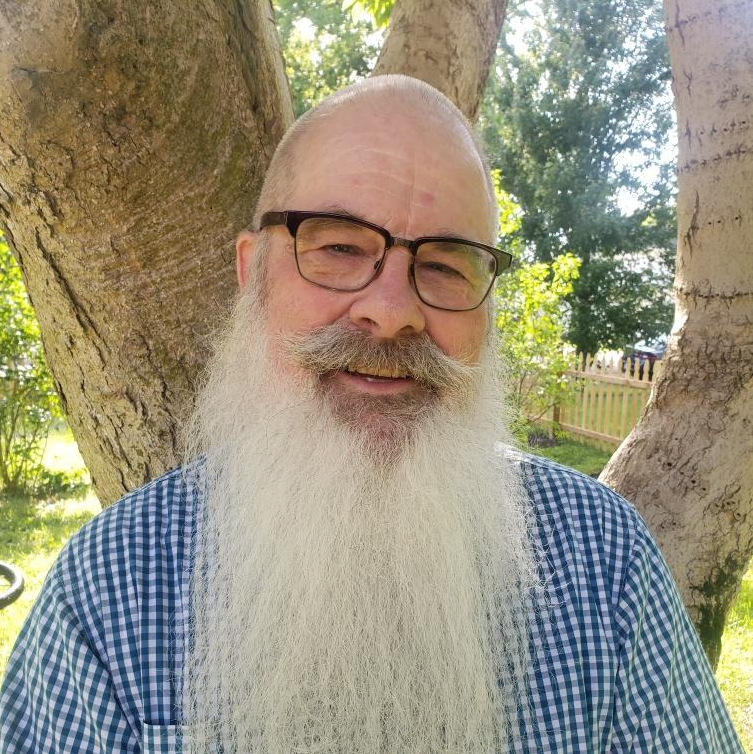Robert Townsend
Robert Townsend began performing functional testing (FCEs, POETs, Fit for Duty), job site analysis and providing work conditioning to injured workers in 1997 at Midwest Industrial Rehabilitation. Since that time, he has served as Director of Research and Education at WCS Occupational Rehabilitation in the Chicago area from 2000 to 2012. During his tenure at WCS, Robert obtained his CEAS II (Certified Ergonomic Assessment Specialist).
Darrell Schapmire
My experience in functional capacity evaluations (FCEs) began in 1991 after making a mid-life career change and earning a Master of Science in Exercise Physiology from Illinois Benedictine College, now Benedictine University. The degree involved two years of full-time study. It focused on the body’s micro- and macro-physiological responses in the cardio-pulmonary, musculoskeletal, nervous and integumentary systems during exercise or in response to other physical stress. Also heavily emphasized were proper scientific methodology, experimental design, appropriate and meaningful statistical analysis, and finding and understanding relevant published peer-reviewed literature.
Consulting Services
If you have an FCE which has had an averse affect on your client's interest, regardless as to whether the client is an employer or a claimant, we will provide you with the information required to successfully challenge the results of the test. We give our customers three options to mounting such a challenge:
- An analysis of the results which will highlight the areas of the test which can be challenged, provide the customer with the rationale for the challenge and also cite the authority in terms of the published research.
- A well-organized list of interrogatories to use when taking legal testimony
- A combination of these services.
We will provide these services at a fixed rate.
In addition to reviewing adverse FCEs, we will also assist you if your client has been denied employment as the result of isometric or isokinetic testing for prospective employees.
Categories of Consulting
Evidence Based FCE
& Case Review
We can assist in reviewing return to work processes and possibilities. This would include identifying, timing and utilization of necessity services. We can guide the therapeutic MMI timeline and scheduled FCE in order to increase the likelihood of valid results. Optimize the return to employment with specialty services such as Work Conditioning, Job Analysis, Ergonomic Assessments and Job Coaching.
FCE & Industrial Rehab
Training & Education
These courses are geared towards the provider to increase their knowledge on FCE methodology in both theory and practice. The courses can be customized towards the provider organization's staff expectations and brand.
The Industrial Rehabilitation Training is centered on training providers to have a multi-faceted approach to expedite a return to work both safely and effectively. This course centers on transitioning from acute rehabilitation towards work specific activities. Keeping cost in mind, providers will be educated on how a general exercise based approach can achieve great results without the need of expensive equipment.
Data
Analytics
Many analytics have limitations in creating an "apples to apples" comparison with their data sets. This is especially true when comparing "averages" of two or more different groups. R&D Services has decades of research experience as well as teaching measurement and evaluation at the university level. We can assist in study design, data aggregation and non-traditional metrics to not only determine if a statistical differences exists between two groups but if that difference is meaningful and relevant for decision making.


